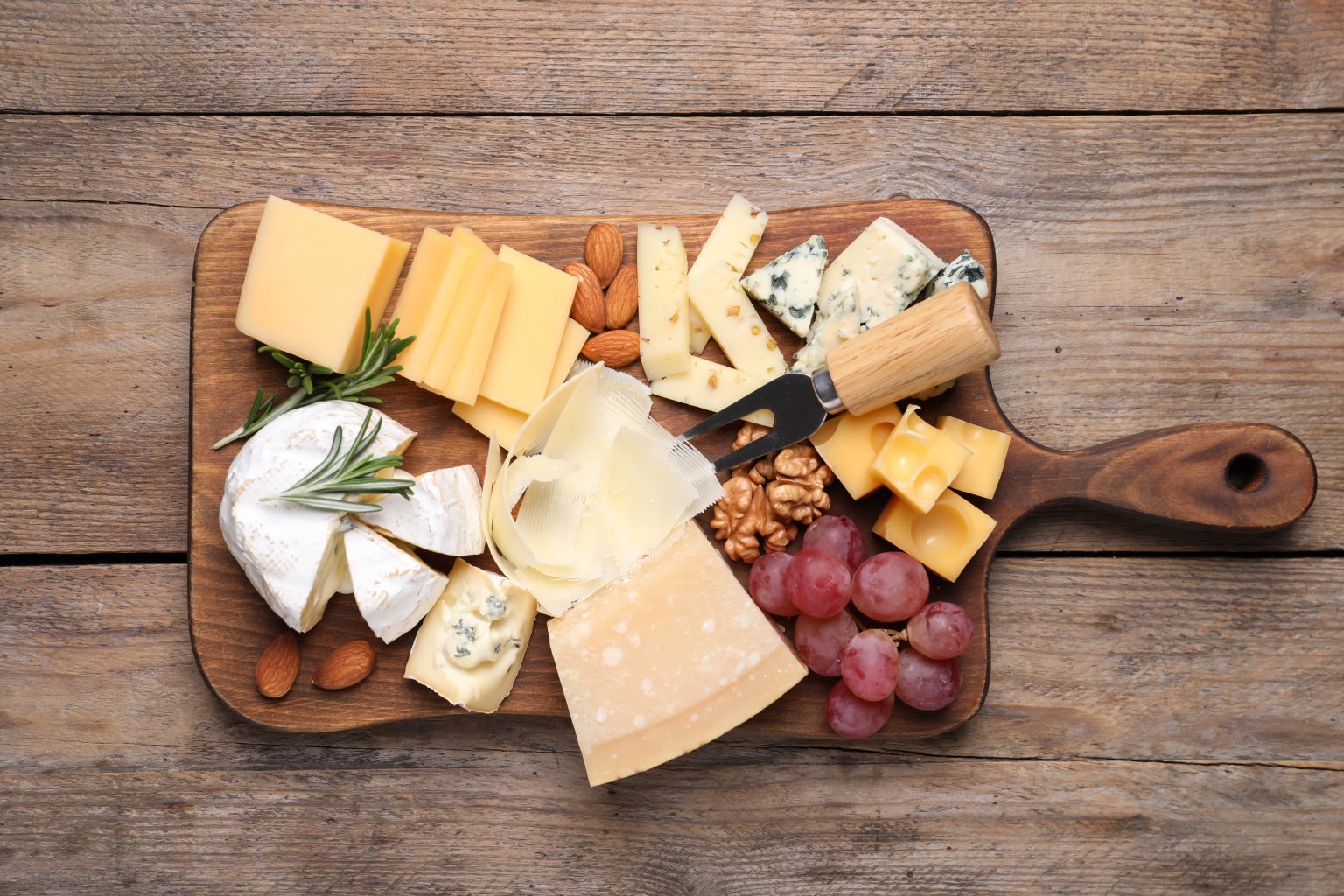As we approach 2025, health-conscious consumers are increasingly turning to whole foods to meet their nutritional needs, and cheese is set to play a starring role in the growing protein trend.
In recent years, the soaring costs of protein powders and the negative press surrounding ultra-processed foods and weight loss injections have pushed people to seek healthier alternatives. Experts predict that in the coming year, cheese—often overlooked in the past as a guilty pleasure—could be embraced as a nutritional powerhouse, providing a natural source of protein to support muscle growth, repair, and overall health.
Monica Chauhan, commercial manager at Bridge Cheese, a Telford-based supplier of cheese and dairy products, points out the myriad benefits of incorporating cheese into a balanced diet. “Cheese is not only delicious and versatile, but it’s also packed with high-quality protein that is essential for maintaining and building muscle mass,” she says.
While protein shakes and supplements have been a staple of fitness enthusiasts’ diets, celebrity trainers are beginning to champion cheese as an easy, accessible, and tasty alternative. Harley Pasternak, renowned trainer to A-list stars like Lady Gaga and Rihanna, emphasises the importance of protein for muscle repair and general well-being. He frequently recommends protein-rich cheeses, such as mozzarella and other Italian varieties, to clients as part of their nutrition plans.
Gunnar Peterson, another celebrity trainer who has worked with the likes of Jennifer Lopez and the Kardashian family, also advocates for the role of protein in muscle health. He notes that cheese, with its high-quality protein and versatility, is an ideal addition to a balanced diet.
Mozzarella, in particular, is expected to see increased demand in 2025. According to Monica Chauhan, mozzarella offers a lower fat alternative to cheeses like cheddar, containing around 20g of fat per 100g, compared to the 35g per 100g typically found in cheddar. Additionally, mozzarella is packed with 24g of protein per 100g and is a good source of calcium, which can help prevent osteoporosis. Fresh mozzarella is also known for containing probiotics, which are beneficial for gut health—a trend that has been growing in popularity and is likely to continue into 2025.
“Cheese is set to be a key part of the 2025 health trends, as it provides essential nutrients, including protein, calcium, and probiotics, all in one tasty package,” says Chauhan. “We anticipate that consumers will increasingly turn to cheese to meet their protein needs, making 2025 the year of protein-powered health.”
With growing awareness of the importance of whole foods and a focus on sustainable, nutrient-dense options, cheese is poised to take centre stage in the health world in 2025, providing a protein-packed alternative to more processed products.


